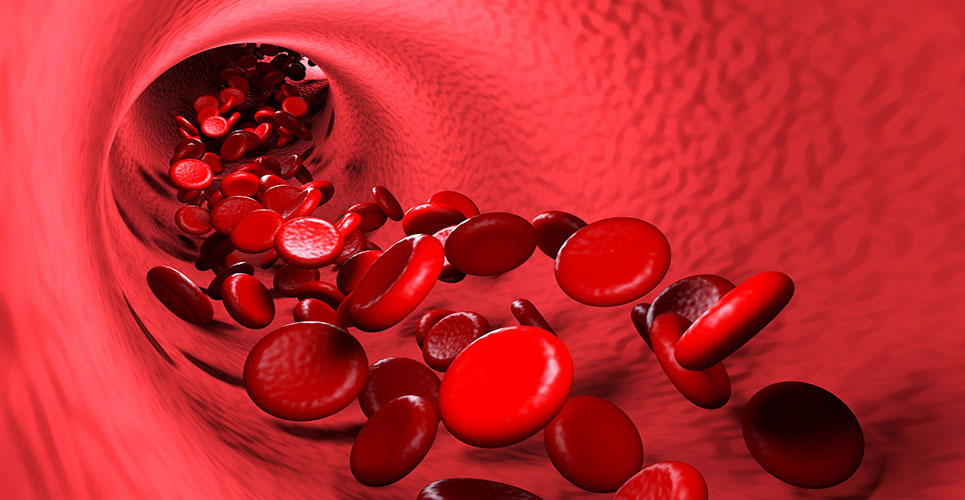teaser
Systematic review findings indicate that long-term, routine aspirinuse for the prevention of cardiovascular disease (CVD) is beneficialonly at low doses of the drug.
Higher doses of more than81mg/day provide no extra protection and increase the risk ofgastrointestinal bleeding, report Dr Charles Campbell of the Universityof Kentucky, Lexington, USA, and coworkers.
Noting that theoptimal long-term daily dose of aspirin remains controversial, theresearchers conducted a review of the literature concerning aspirin inCVD prevention, including clinical trials, relevant reports of originaldata and review articles.
They report that althoughpharmacodynamic data show that long-term aspirin doses as low as30mg/day can completely inhibit platelet thromboxane production, dosesas high as 1,300mg/day are approved. In the USA, most (60%) patientsare prescribed 81mg/day, while the next most commonly prescribed doseis 325mg/day, in 35% of all patients.
The majority ofevidence from secondary-prevention observational studies shows thatdoses higher than 75–81mg/day do not enhance efficacy but insteadincrease the risk of bleeding (primarily gastrointestinal bleeding).
Among the clinical trials, which included nearly 10,000 patients, none showed any significant benefit at higher doses.
And,assuming the excess bleeding risk associated with 325mg daily aspirinin the CURE trial, there would be an excess of more than 900,000 majorbleeding events per year if all patients currently taking aspirin forCVD prevention took that dose compared with a daily dose of 81mg/day.
Theauthors highlight the well-documented interpatient variability inresponse to aspirin and say that “the greatest challenge for the futureis to determine the optimal method for identifying the bestantiplatelet regimen for the individual patient”.
Theyconclude: “Currently available clinical data do not support theroutine, long-term use of aspirin dosages greater than 75–81mg/day inthe setting of CVD prevention.
“Higher dosages, which may becommonly prescribed, do not better prevent events but are associatedwith increased risks of gastrointestinal bleeding.”
JAMA 2007;297:2018-24

